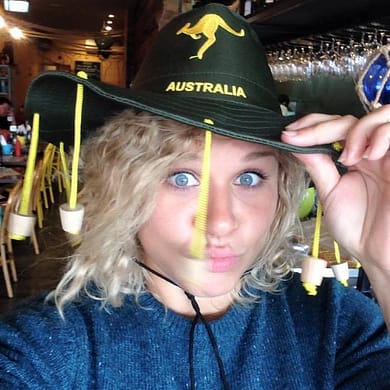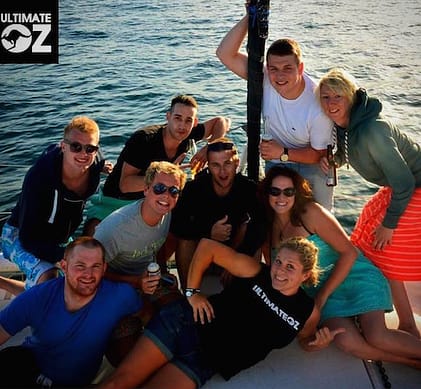On 1st May 2015 it was announced by the Assistant minister for immigration and border protection that volunteer work will no longer count towards 2nd year visa working holiday extensions.
We can now confirm that the visa changes will be effective from the 31st August 2015. From this date, any unpaid regional work completed will not count towards your 2nd year visa extension.
What do I need to know?
- From 31st August all specified regional work you do will need to be paid to count towards your 88 days of regional work. You will need to prove this with payslips from your employer when you apply for your 2nd year visa.
- During your working holiday visa, you can still do volunteer/WWOOF work but you will not be able to count those days towards your application for a 2nd working holiday visa.
- Any volunteer/WWOOF work completed before the 31st August will still count towards your 2nd year visa application.”For example, a participant applying for a second Working Holiday visa on 30 September 2015 will only need to provide pay slips covering any specified work performed between 31 August and 30 September. The participant can include specified work they have undertaken before 31 August 2015 in their application without needing to provide pay slips for this work.”
How does this affect people doing volunteer work now?
The department has acknowledged that some people will be in the middle of doing their WWOOF work and will be unable to provide payslips. In this case your WWOOF host can write you an explanatory letter which can be added to your application however the department will assess these on a case by case basis so it is in no way guaranteed that you will be able to use these days for your application!
The department of immigration and border protection issued this statement:
“All Australian employers must provide their employees with pay, conditions and workplace entitlements in accordance with the Fair Work Act 2009 or relevant state legislation. This includes Willing Workers on Organic Farms (WWOOF) agricultural work.
From 31 August 2015, all applicants for a second Working Holiday visa must provide pay slips as evidence of appropriate remuneration with their application. This will help us ensure that work undertaken by Working Holiday visa holders is performed in accordance with workplace law. All Australian employers are legally required to provide their employees with pay slips.
Work performed before the commencement date will not require pay slip evidence.”
Moving forward..
Our advice if you’re currently doing volunteer work is to bear in mind that any work carried out from the 31st August won’t count towards your 2nd year visa so if you only have a certain amount of days left to complete your farm work, don’t leave it too late!
** UPDATE – May 2016**
“Note: These temporary transitional arrangements will conclude on 30 November 2015. All specified work performed from 1 December 2015 onwards will need to be paid work with pay slips provided as evidence, regardless of whether a participant commenced working for their employer before 31 August 2015.”
If you have any questions regarding your 2nd year visa, get in touch! If you wish to apply for a second working holiday visa and you’re looking for your farm work, take a look at our Guide to Farm Work in Australia. It has everything you need to know about the when, where and why!
For more information regarding 2nd year visas check out our website, Travellers at Work.




















